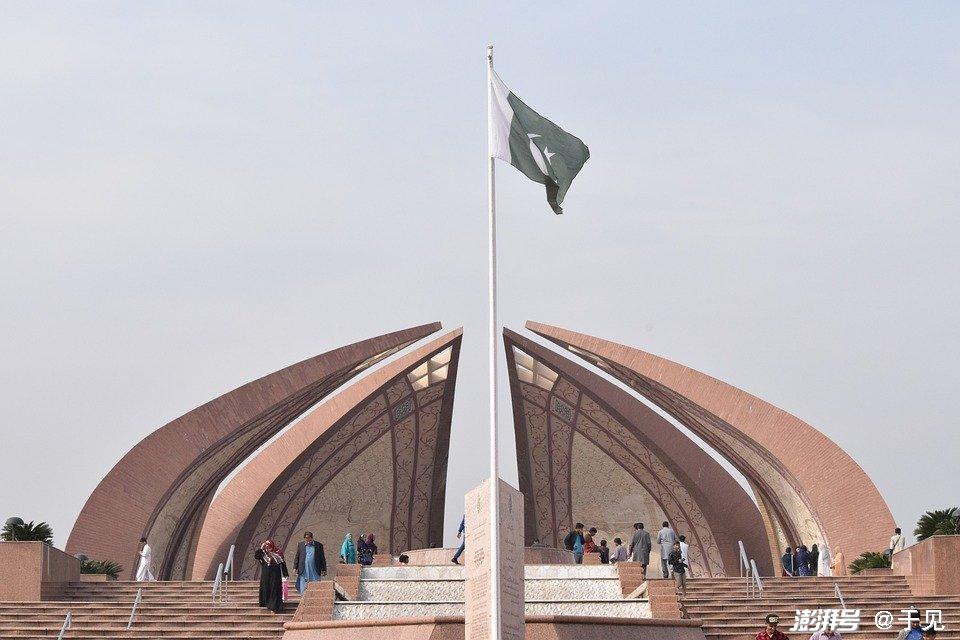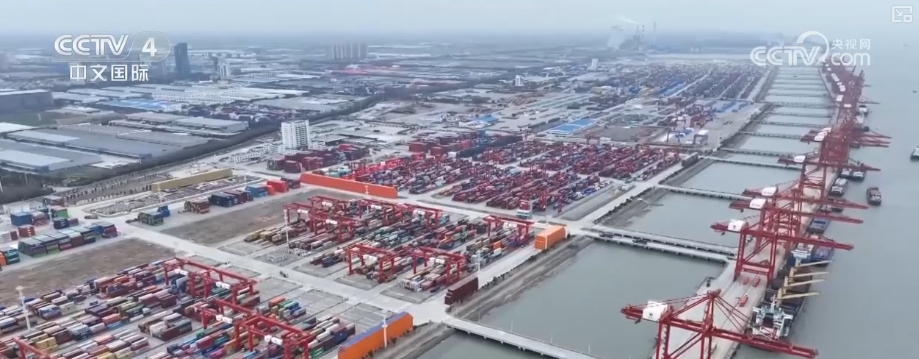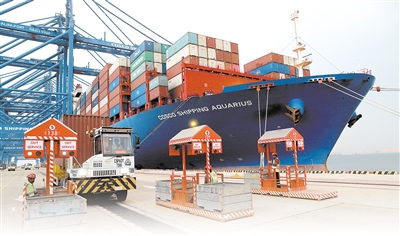Has Anyone Sang The RMB? Don't Forget That China Has The Big Move Of The Belt And Road Initiative
Has Anyone Sang The RMB? Don't Forget That China Has The Big Move Of The Belt And Road Initiative
On December 1, RMB, which should have joined SDR, finally received this ticket
On December 1, RMB, which should have joined SDR, finally received this ticket "late".
Many foreign media said that the RMB was allowed to join the "International Monetary Elite Club". Australian media "Financial Commentary" () simply said directly: The RMB entry into the basket has finally made Beijing "recognized"...

Thank you for "admitting"
Princess Fan Zi (WeChat official account ID:) imitated their tone: Haha, thank you all IMF for "rewarding" the RMB...

Although SDR is just happening recently, the Bank of China has long used the name of "international currency" overseas to advertise the RMB.
However, even though the number of seats in SDR was "rewarded", the people ranked third still did not get rid of the fate of being "speaking badly".
In August this year, the balance of foreign exchange reserves rarely dropped by nearly 100 billion US dollars. Although there was a slight rebound in October, it decreased by another 87.2 billion US dollars in November, which is the same as the state in February 2013. What's more, with the sharp decline in foreign reserves, the RMB exchange rate against the US dollar continued to decline: Recently, the RMB fell step by step with a daily decline of around 100 points, falling for four consecutive days; today the onshore RMB fell another 155 points against the US dollar, reaching 6.4430, setting a new low since August 2011.

From January to November this year, a list of my country's foreign exchange reserve balances (data source: State Foreign Exchange Reserve Administration)
What's worse is that Fed Chairman Yellen has shown an extremely strong hawkish gesture in recent interest rate hikes against the US dollar. She warned at the Washington Economic Club on the 2nd:

Yellen showed a hawkish attitude towards the rate hike
"We must consider the stagnation in the current monetary policy effect. If the Open Market Committee delays the launch of interest rate normalization policy for too long, after we exceed our targets on a large scale, we will eventually have to face a sudden tightening of policies. Such a sudden tightening will cause interference to financial markets and may cause an irreversible recession."
The RMB foreign reserves have dropped significantly, and the exchange rate has fallen continuously. In addition, there is a strong US dollar outside, which seems to give many people a justification for shorting the RMB. The Wall Street Journal, known as the "Federal News Agency" in the industry, simply said in the subtitle that "Beijing is struggling to limit capital outflows."

"Federal News Agency" went straight to the front barefoot
But the main question of Fanzi is: Did you make it? China also has the big killer weapon of the "Belt and Road".
Isn't it? At the policy press conference of the State Administration of Foreign Exchange today, Wang Yungui, Director of the General Department, responded to sweep away the haze of all rumors and revealed the real reason for the sharp drop in foreign exchange reserves:
"First, the book loss from the non-dollar currencies in the reserves is converted to the US dollar. Foreign exchange reserves are carried out in accordance with the three principles of security, liquidity, and value preservation and appreciation. The State Administration of Foreign Exchange has been promoting diversified foreign exchange reserves under the three principles in recent years. In diversified operations, it is impossible to put all foreign exchange reserves in US dollar assets, so there are other currency assets such as the euro, pound, and yen in the reserves. Affected by the strong US dollar, these currencies experienced a relatively large depreciation against the US dollar in November. At the end of November, the euro depreciated against the US dollar by 4% compared with the end of October, the pound depreciated against the US dollar by 2.4%, and the Japanese yen depreciated against the US dollar by 2%. These currencies depreciated against the US dollar, resulting in book losses depreciated in US dollars in the reserve assets. Conversely, when the US dollar depreciated in the past few years, the reserve assets also increased in value. This is the change in the scale of foreign exchange reserves caused by the exchange rate changes of other currencies against the US dollar."

Director Wang Yungui, General Department of the Bureau of Foreign Exchange
And more importantly:
"This year, under the guidance of the "Belt and Road" strategy, the country has increased its policy support for "going out". In this process, foreign exchange reserves have participated in the financing of some "going out" projects. These financings will also be adjusted from the scale of foreign exchange reserves to outside the scale of foreign exchange reserves according to the International Monetary Fund's definition of foreign exchange reserves, which is normal. From what we have observed, a good result is that when the country's foreign exchange reserve assets fall, the amount of private foreign assets is increasing. The central bank's foreign exchange reserve assets decreases, and these assets have become assets owned by domestic enterprises overseas. This is also in line with the entire national strategy and is conducive to the smooth operation of the country's "going out" strategy."
As for the sharp drop in foreign reserves, it is equivalent to a "large-scale capital" outflow, and even makes the regulatory authorities "shiver"? Director Wang told those who think so, you are still scattered...
Director Wang explained: "In the past period of time, due to the strength of the US dollar, the RMB has been relatively weak. In order to avoid risks, some enterprises and institutions have made some hedging measures, and have also accelerated foreign debt purchase, foreign exchange repayment, debt repayment and other actions. Overall, these are within the tolerance of foreign exchange management policies. At present, the overall national strategic arrangement is to promote both trade facilitation and investment facilitation. Therefore, the moderate adjustment of foreign exchange reserves is beneficial to the national strategic layout, and we are also happy to see the transformation and adjustment of the entire country's foreign economic structure."

The Belt and Road Strategy
It is really "tragic" to say that China has some foreign exchange reserves. It is not like too much, nor is it like too little. China's foreign reserves reached a peak of nearly US$4 trillion in June last year. Some people say that this harms China's economy: it triggers inflation, the RMB is under pressure to appreciate, the US debt shrinks, and the foreign reserves suffer a lot of losses, etc. Now foreign reserves are used for the "going out" strategy, and some people say that "capital outflows are large."

It’s really not human inside and outside, is there any!
Now, the State Administration of Foreign Exchange has spoken out and corrected the audio-visual. Princess Fan wants to say to those who are talking nonsense:
"Come and take a shower and go to bed!"






